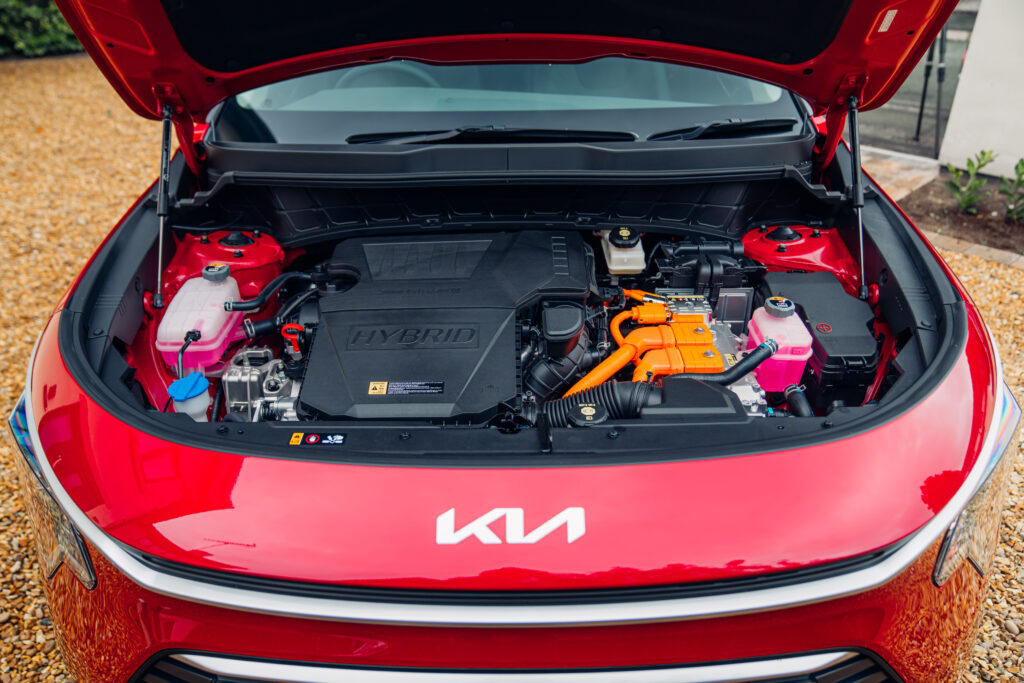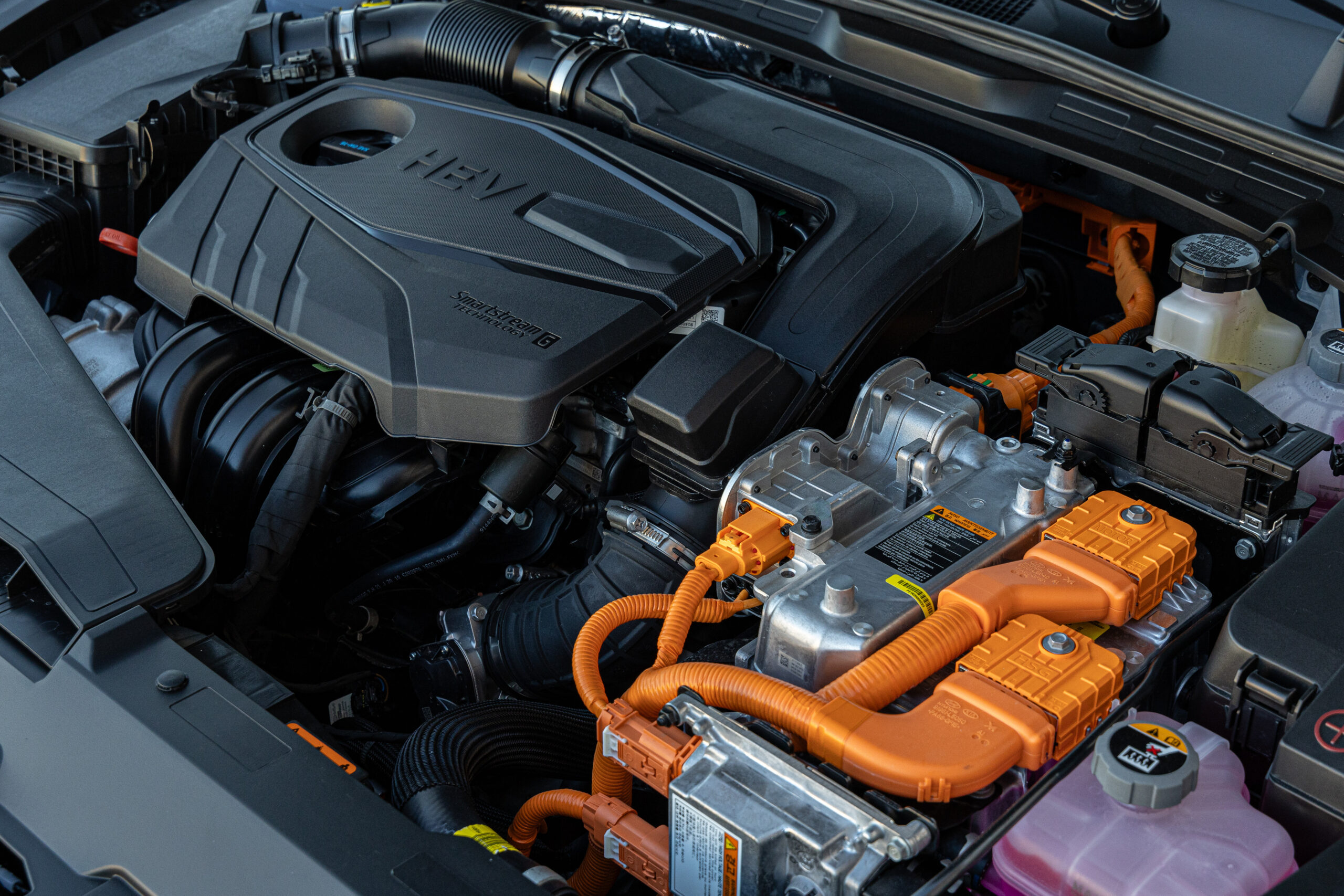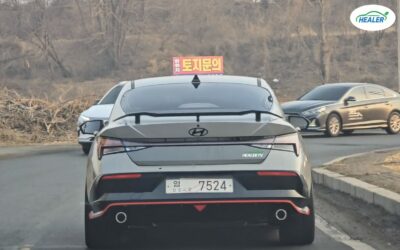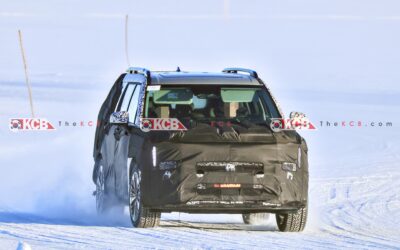Hyundai is currently developing a new Hybrid system dedicated to compact cars to respond to the increase demand in the market. This development was initiated to strength the HEV lineup of eco-friendly cars that have emerged as a trend to make sure to fill the gap created by the recent slowdown in demand for electric vehicles.
According to Hyundai Motor on the 30th, Lee Seung-jo, head of the Planning and Finance Division, said at the business performance conference call for the first quarter of 2024, “There was only HEV in medium and large models, but now we are developing a HEV system that can be installed on small cars.” “We plan to have a system that can equip all HEV in the lineup.”
As we have said, Hyundai is also developing a new HEV system for large vehicles, based on the 2.5-liter Turbo engine. This new engine is set to be premiered by the next generation Hyundai Palisade. This announcement confirms that the South Korean carmaker is developing a HEV powertrain for small models.
Currently, the Hyundai Hybrid system is mostly based on the 1.6 gasoline Turbo engine. Depending on the model, the size of the electric motor or battery varies, so the total output or torque is different. For example, the semi-medium-sized SUV Tucson HEV and the minivan-sized Staria HEV are built on the same 1.6 turbo gasoline engine, although the total system combined power is different.

Hyundai/KIA Hybrid 1.6 Naturally Aspirated System mounted in several models
Hyundai also keeps using the base 1.6 naturally aspirated engine in a combination with an electric motor. This system is used in the KIA Niro, Hyundai Elantra or Kona and was criticised by the low performance once the battery is drained, leaving these compact vehicles with only 100 hp.
Thanks to this new powertrain, Hyundai could launch more HEV capable models such as updated versions of the Kona and Elantra HEV and add it to new models like KIA K4, Seltos and so on. It is expected to be more efficient, powerful, compact as well as to reduced weight.
As of the first quarter of this year, Hyundai’s global HEV sales were 98,000 units, up 17% year-on-year. As HEV sales increase, profitability also improves. So far, the profitability of electric vehicles is less than that of internal combustion engines, but HEV has risen to similar levels. The average selling price is also about 15 to 20% higher than that of internal combustion engines, and HEV buyers also have a higher percentage of choosing the top trim. “There are only 14,000 Santa Fe HEVs that have not been shipped in the domestic market,” Lee said. “We will work from various angles to solve the supply shortage as the market is demanding more HEVs.”





